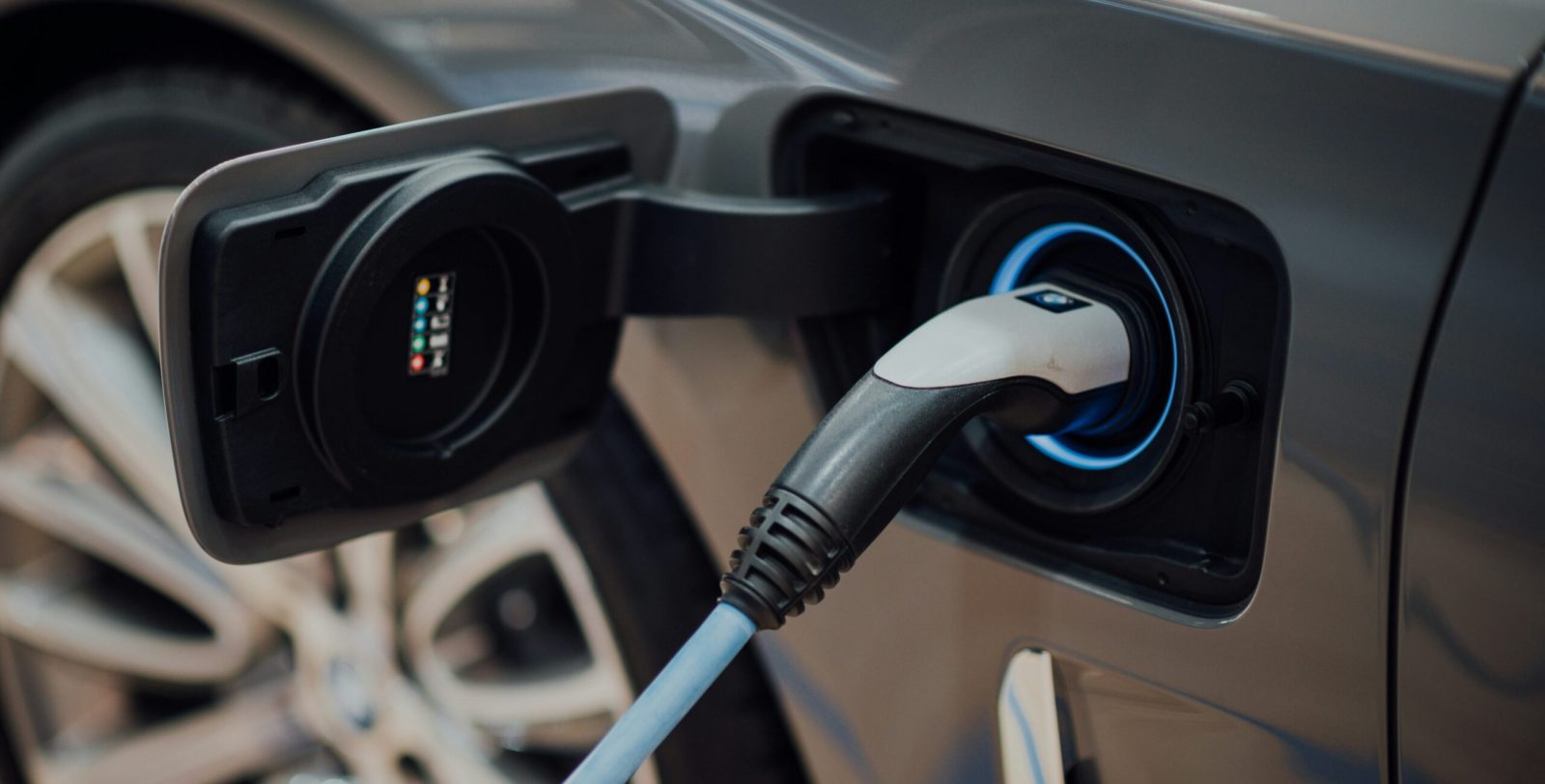When the federal government recently announced under the Electric Vehicle Availability Standard that by 2035, all new vehicles sold in Canada would need to be zero-emission (e.g., electric), many environmentalists cheered the ambitious mandate. Critics wondered how Canada’s electrical grid would meet increased demand when electric vehicles (EVs) take over Canadian roads and highways. Condominium industry stakeholders had another concern: covering EV charging station installation costs.
Electric vehicles have been hailed for their carbon-free bona fides, their performance, innovation and comfort—and EV adoption is undoubtedly on the rise. According to the latest data from Statistics Canada, more than 86,000 EVs were registered in Canada in 2021, up from 56,165 in 2019. That number has undoubtedly surged in recent months as battery-powered vehicles have only become more popular.
But the limited availability of charging stations is causing friction and discouraging adoption for some would-be EV converts. Nowhere is that more apparent than in multi-family communities such as condominiums. While some buildings constructed over the past decade—and many that are nearing completion—have been designed with EV charging in mind, virtually the entire existing stock of condominiums in Ontario will face steep upgrade costs as the EV revolution takes hold.
Exacerbating the challenge is the fact that the purchase and installation of EV charging stations can reach thousands of dollars per charger and, under Ontario’s Condominium Act, 1998, may not qualify as an eligible condo reserve fund expense. The question of which EV-related expenses may or may not be paid from a condo reserve fund is complicated and remains open to interpretation.
What is clear is that those costs aren’t limited to the individual EV charging stations. Various other EV infrastructure costs must be factored into the equation, which can also include upgrading or adding a new electrical panel, running wiring to a panel or chargers and incidental legal and consulting fees.
So, how will those expenses be paid? Because cost sharing arrangements will vary by condominium community, a best practice is for condo boards and managers to contact their auditor, provide their building’s pertinent details and request that an analysis be conducted and an opinion delivered as to how these costs should be treated. Some may be reserve fund eligible, while others may need to be paid through the operating fund or a separate EV-specific fund. Available government subsidies may help to cover some of these costs.
The bottom line is that the very substantial cost of EV charging station upgrades in condominiums is likely to place an added financial burden on Ontario’s more than 1.6 million condo owners. Even upgrade expenses that are reserve fund eligible could create financial and accounting challenges for some communities—particularly if they’re currently experiencing reserve fund shortfalls or have yet to budget for potential EV-related enhancements.
In some cases, this may result in special assessments, heightened resident tensions over any EV-related increase in condo fees or conflicts between EV-owning and non-EV-owning residents over whether charging station upgrades should be implemented immediately or delayed.
Finding solutions to a complex challenge
Retrofitting a condo for EV chargers is not as simple as a flick of the switch. As noted above, a building’s electrical system will usually require comprehensive enhancements to accommodate charging stations. The scope of those required upgrades becomes more complex as the number of charging stations installed in the building (usually in a parking garage, but potentially also in outdoor parking lots) is increased.
There are other issues for condo boards to navigate, including insurance policy upgrades and various liability issues that are likely to increase costs. And how is charging time invoiced to residents when separate electricity metering isn’t a feature in most (notably older) condo buildings? Again, who will bear these costs in the near term—the entire condo community or the residents who own EVs?
These hurdles are by no means insurmountable but do require the right strategic and financial planning to make the EV shift palatable for condo community stakeholders. We’re advising condo corporations to give ample time to budget for the addition of charging stations if they haven’t already done so, while also working to:
- Educate their residents on the upgrade process and costs
- Understand residents’ future vehicle purchasing intentions
- Estimate their community’s future vehicle charging requirements when electric vehicle adoption becomes mandatory
With the help of a Chartered Professional Accountant with specialized expertise in the condo sector, condo boards and property managers can set the stage for a smooth transition to electric vehicle charging across their communities. Failing to take action now could result in major financial challenges and an unwelcome result: pulling the plug on EV charger installation altogether.
Christina Ajith-Brandford and Jan Kundakci, Condominium Group Partners
For assistance with your condominium accounting and assurance needs, contact a member of the Adams + Miles team today.



